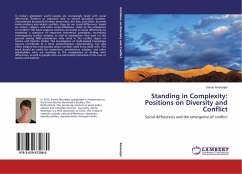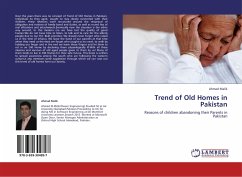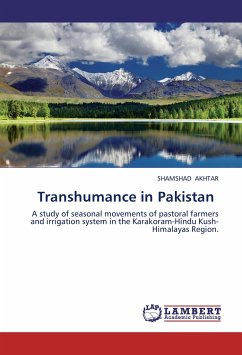In today's globalized world people are increasingly faced with social differences. Patterns of migration lead to vibrant pluralized societies, characterized by peaceful human encounters, but also, and often, by tense confrontations and violent conflicts. How do our social differences, based on culture, religion, and other social affiliations, relate to the emergence of conflicts? This book explores conflicts connected to social differences by examining a spectrum of important theoretical paradigms, nourishing contemporary conflict analyses, as well as assumptions that exist on the ground among NGO-practitioners who work in the conflict region of Jammu and Kashmir (India). The investigation of multi-leveled knowledge sources contributes to a more comprehensive understanding, but also offers insights into real practice where conflicts need to be dealt with. This book should be useful for researchers, practitioners, scholars, and other stakeholders who are standing in the complexities of dealing with differences, as well as people who are particularly interested in the case of Jammu and Kashmir.
Bitte wählen Sie Ihr Anliegen aus.
Rechnungen
Retourenschein anfordern
Bestellstatus
Storno








